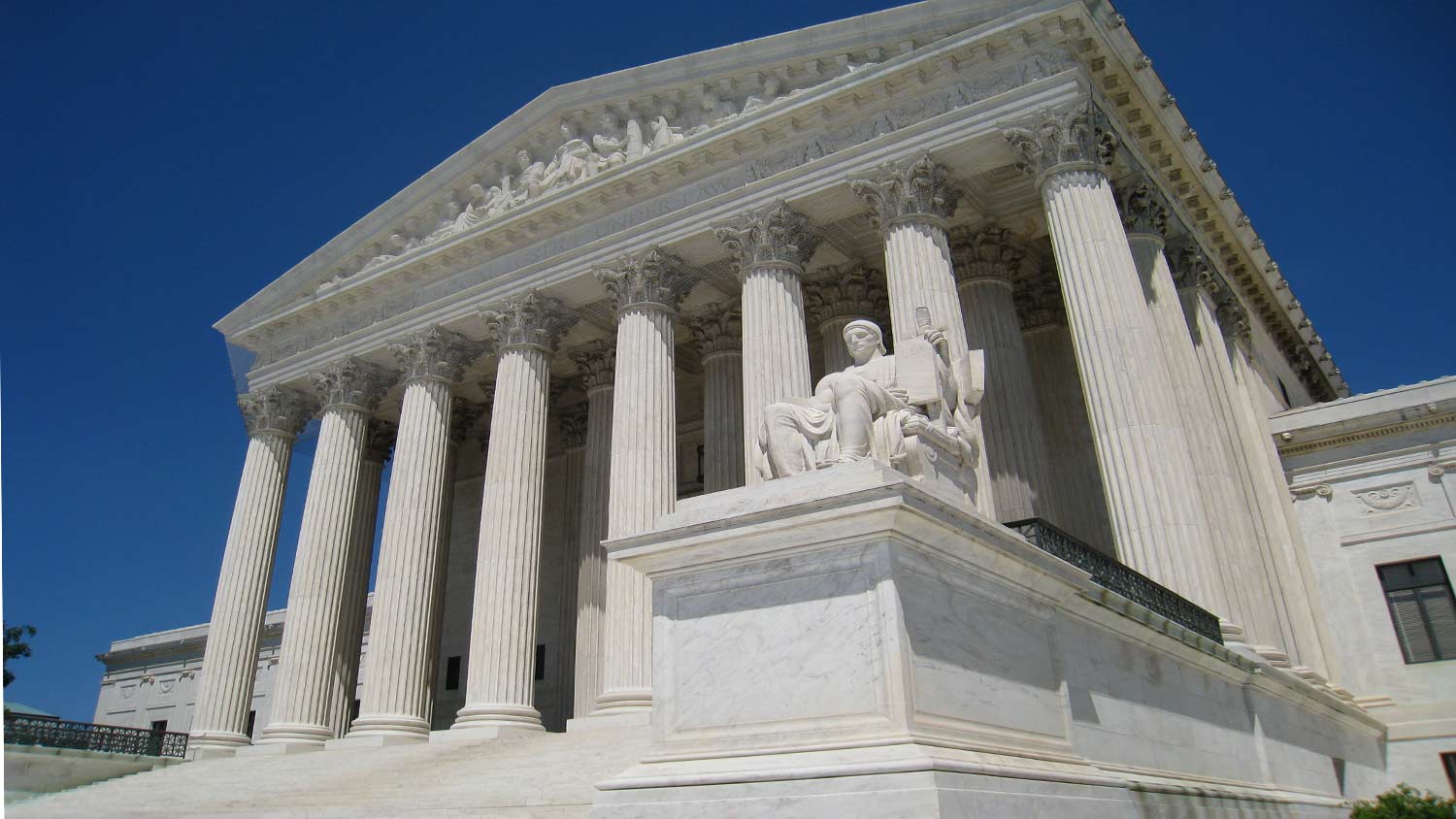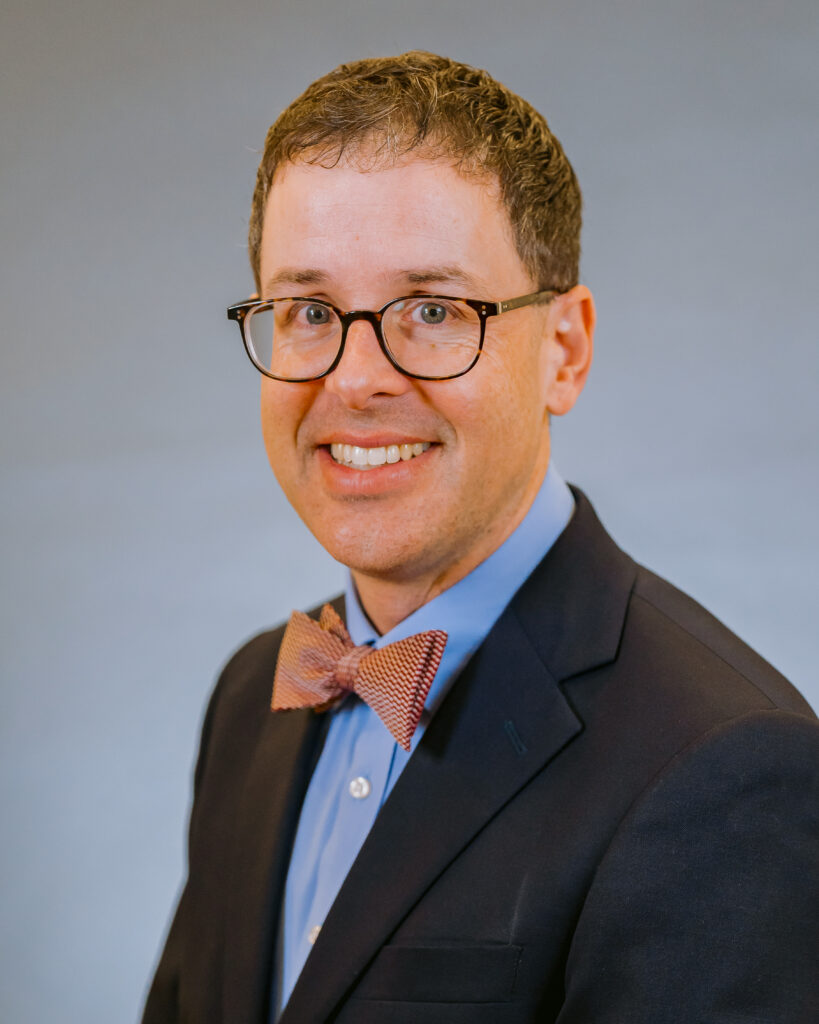
WASHINGTON – Twenty-two states and groups covering the ideological spectrum have submitted more than 40 friend-of-the-court briefs to the U.S. Supreme Court in favor of ensuring that Americans remain free to support nonprofit organizations and their causes without fear of harassment or threats. Alliance Defending Freedom attorneys represent a Michigan-based nonprofit in the case, Thomas More Law Center v. Becerra.
The high court agreed to hear the case after the U.S. Court of Appeals for the 9th Circuit ruled that Thomas More Law Center—and all other nonprofits who solicit donations in California—must annually disclose the names and addresses of major donors to the California attorney general. A trial showed that the attorney general’s office had no compelling need for that confidential information and leaked it like a sieve. By storing confidential donor information on the internet, the office created a perfect target for hackers, where the data could be easily discovered.
“Every American should be free to support causes they believe in without fear of harassment or intimidation,” said ADF Senior Counsel and Vice President of Appellate Advocacy John Bursch. “Mandatory disclosure of sensitive information is especially dangerous for donors and employees of nonprofits like Thomas More Law Center, who have faced intimidation, death threats, hate mail, boycotts, and even assassination plots from people who don’t agree with them. Given that the California Attorney General’s office hardly ever uses supporter information for any purpose, it’s no wonder numerous groups across the ideological spectrum agree that simply no justification exists for forcing charities to put themselves and their supporters at risk through forced disclosure of donor names and addresses.”
Thomas More Law Center, a nonprofit organization based in Michigan, defends and promotes religious freedom, moral and family values, and the sanctity of human life. Roughly 5% of its donors are California residents, and it has operated as a charity in good standing with California’s attorney general for many years. Beginning in March 2012, the Attorney General’s Office began to harass the law center, demanding names and addresses of its major donors.
“As sister states with virtually indistinguishable law-enforcement and anti-fraud interests,” a brief filed by 22 states explains, “our collective experience is uniform and unequivocal: we don’t need this sort of compelled collection of donor information for legitimate law enforcement purposes, and its stockpiling is unlikely to lead to any outcome other than mischief and chilling of speech. We therefore do not seek to collect it.”
The California attorney general’s disclosure regime “risks undermining the freedom to associate for expressive purposes,” added the American Civil Liberties Union, the NAACP Legal Defense & Education Fund, the Human Rights Campaign, and others in their brief. “That freedom,” they continued, is fundamental to our democracy, and has long been protected by the First and Fourteenth Amendments.”
Nonprofit group ChinaAid cited the danger that forced disclosure poses to dissidents from totalitarian regimes, noting in its brief that “The risks posed by California’s blunderbuss mandate are felt acutely by nonprofits, like ChinaAid, that face down powerful nation-states for human-rights violations. Increasingly, such nation-states surveil and attack their opponents across borders—in what has become known as ‘transnational repression.’” The brief notes that China is harassing and intimidating critics in the United States, even using proxies to make public death threats against the nonprofit’s president.
In the 9th Circuit, Thomas More Law Center’s case was consolidated with a similar lawsuit filed by Americans for Prosperity Foundation that the U.S. Supreme Court has also agreed to hear. Kaufman Dolowich & Voluck LLP attorney Louie Castoria, who won the case at trial in the district court, is serving as co-counsel in the case for Thomas More Law Center.
Alliance Defending Freedom is an alliance-building, non-profit legal organization committed to protecting religious freedom, free speech, parental rights, and the sanctity of life.
# # # | Ref. 68959

